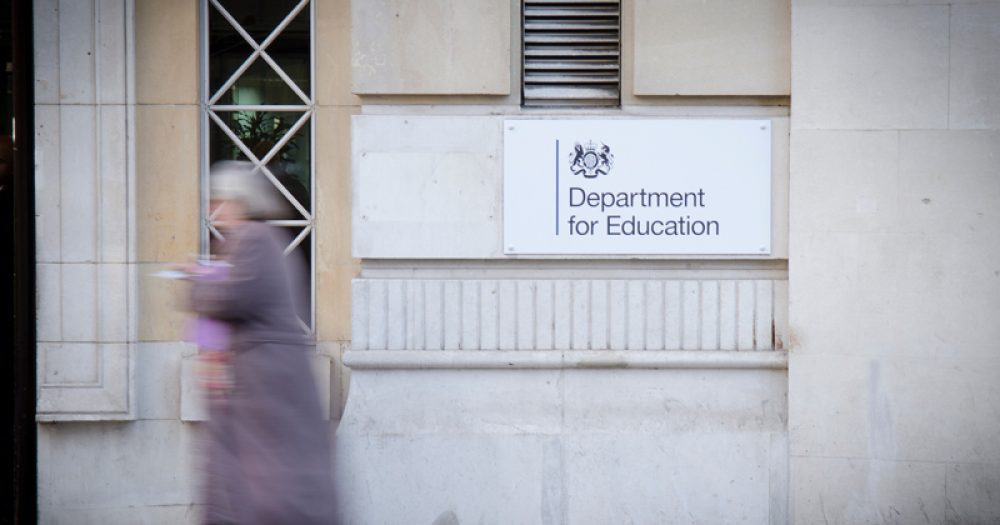Hub schools may increase the risk of spreading coronavirus, new government guidance has warned.
The Department for Education said local cluster or hub models – where one school stays open to educate pupils from multiple schools – are already in place in some areas.
Such arrangements are also being considered in other regions, with neighbouring schools looking to “pair up” as around just one per cent of children are now attending settings.
But new guidance today states leaders should be “alert to the fact that clusters and hubs may increase the public health risk”.
“Moving staff, children and young people around may increase the risk of spreading the coronavirus (COVID-19) and significantly increasing the number of people in a setting will impact the practicality of social distancing.”
It also warns any hub model that makes it less likely vulnerable children attend schools should be “considered particularly carefully”.
The DfE said keeping individual schools open means “fewer people in a single setting, less social contact and therefore a reduced risk of spreading the virus.
“It will also mean children and young people being supported by familiar staff in familiar settings at this unsettled time.”
But where schools have “no alternative to close”, for example due to staff shortages, the first route should be exploring combining resources with a neighbouring school, which are labelled “small-scale clusters”.
The guidance adds that larger and more geographically dispersed hubs might be the only practical alternative, or are being considered as a contingency.
Figures published this week show around 61 per cent remained open as of last Friday, when attendance fell to 0.9 per cent of pupils who normally attend (84,000). However this was the last day of the Easter holidays.
The Association of School and College Leaders (ASCL) has previously warned against schools running hub models.
The DfE said such schools must still follow government guidance on social distancing, with consideration also given to the “wellbeing, workload and individual circumstances of staff”.
This point is also made for pupils with certain special educational needs which means moving to a new setting may be challenging.
Staff should continue to be paid by their employer as normal, regardless of where they are working.
Schools or trusts should also consider paying for transport for any pupils that have to change their usual journey, such as funding a school minibus.
If this is not possible, then councils should be asked to assist. If a local authority has organised a hub then they should provide transport, including for children who are not normally eligible for free home to school transport.
Funding is available for clusters, but only to meet any “exceptional additional costs above they would be able to afford from their core funding”. This is specifically for increased premises-related costs of staying open through holidays, support for free school meals for children not attending school and additional cleaning.
Councils should also have a single point of contact for parents seeking advice on school closures, with suggestions of publishing a live list of schools open.








Your thoughts